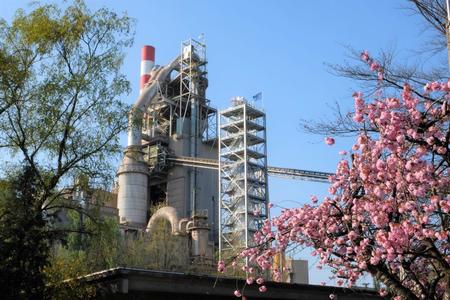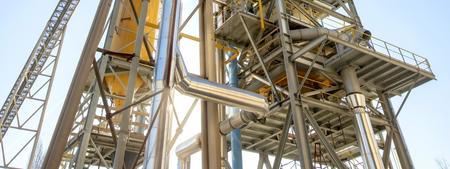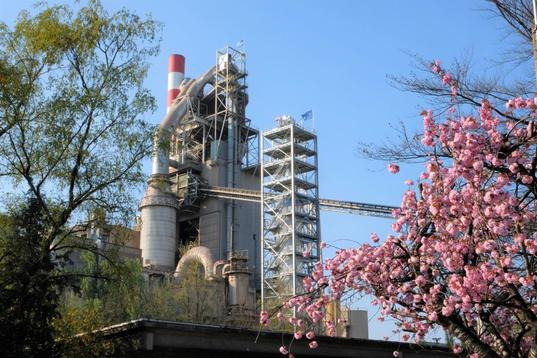Governments from the Under2 Coalition's Industry Transition Platform recently took part in a virtual site-visit to the LEILAC1 (Low Emissions Intensity Lime and Cement) project in Lixhe, Belgium.
Supported by the European Union, LEILAC projects are developing a breakthrough technology that aims to enable the cement and lime industries to capture the unavoidable CO2 emissions from the processing of raw limestone.

Cement is one of the most widely used substances on the planet and, despite extremely efficient processes, the industry is responsible for 8% of global CO2 emissions. This is because most CO2 emissions are ‘process emissions’, released directly and unavoidably from limestone when heated.
Capturing this CO2, and preventing it from reaching the atmosphere, is the only means of stopping these emissions - as noted by the IPCC in its reports – but to date it has been expensive to implement.

The LEILAC project team has developed a case study, which is available to download below. It takes an in depth look at the aims of the project, the results achieved to date, challenges faced, and plans for scale-up.
